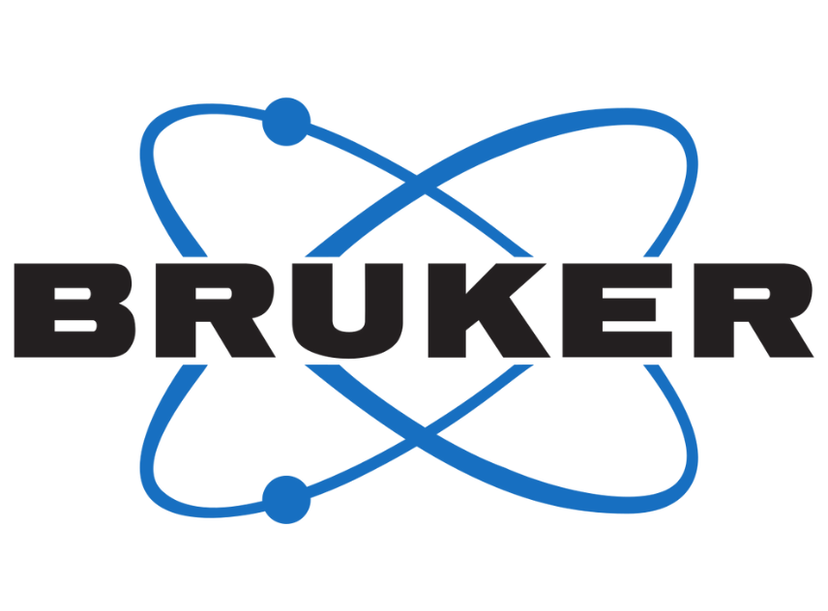Bruker introduces additions to ProteoScape software
ProteoScape (PS) software integrates the Kuiper machine learning-enhanced search engine, for immunopeptides, and TagGraph for neoepitope discovery
10 Nov 2025
Bruker has announced new machine learning additions to Bruker ProteoScape™ software. ProteoScape™ integrates advanced machine learning with TIMS DIA-NN, Spectronaut® 20, for immunopeptidomics, posttranslational modifications (PTMs), and de novo neoepitope discovery.
Bruker’s ProteoScape™ platform now provides high-throughput and high-sensitivity proteomics, with Spectronaut® 20 (SN20). SN20 offers the new Kuiper search engine, specifically designed for immunopeptidomics and PTM searches.
Prof. Dr. Oliver Schilling at the Institute for Surgical Pathology, Medical Center - University of Freiburg, Freiburg, Germany, said, ”The Bruker ProteoScape™ platform, with integrated Spectronaut and TIMS DIA-NN, has significantly boosted our ability to reliably analyze patient-derived samples for precision oncology.
We can now perform precise and comprehensive analyses of complex clinical samples in real time, enabling us to rapidly turn mass spectrometry data into a powerful resource with the potential to directly impact medical decisions. Combined with the ProteoScape Novor module, this setup makes it easy to handle and confidently analyze de novo peptides, which has been a game-changer for our immunopeptidomics research and a significant step towards deeper understanding of the immune landscape in cancer."
In addition, ProteoScape™ now features TagGraph from the Elias Lab at the CZ Biohub, which provides scalable neopeptide discovery by aligning de novo sequencing results from ProteoScape™ Novor with sequence databases, introducing modifications and amino acid substitutions to uncover modified peptides.
Together with novel visualization of peptide motifs these tools enable accurate analysis of HLA-presented peptides from lowest sample input.
Dr. Joshua Elias, CZ Biohub, said, "By integrating TagGraph into Bruker ProteoScape on the timsTOF platform, we’ve helped automate open modification searches in mass spectrometry-based proteomics. This implementation streamlines de novo sequencing alignment, significantly expanding peptide identifications and introducing modifications and amino acid substitutions as needed.
Benchmarking against standard DB tools demonstrated a 30% increase in assigned spectra, with at least 20% of novel peptides carrying unexpected modifications. This advancement makes open modification searches more accessible, helping establish them as a standard feature in proteomics workflows."
